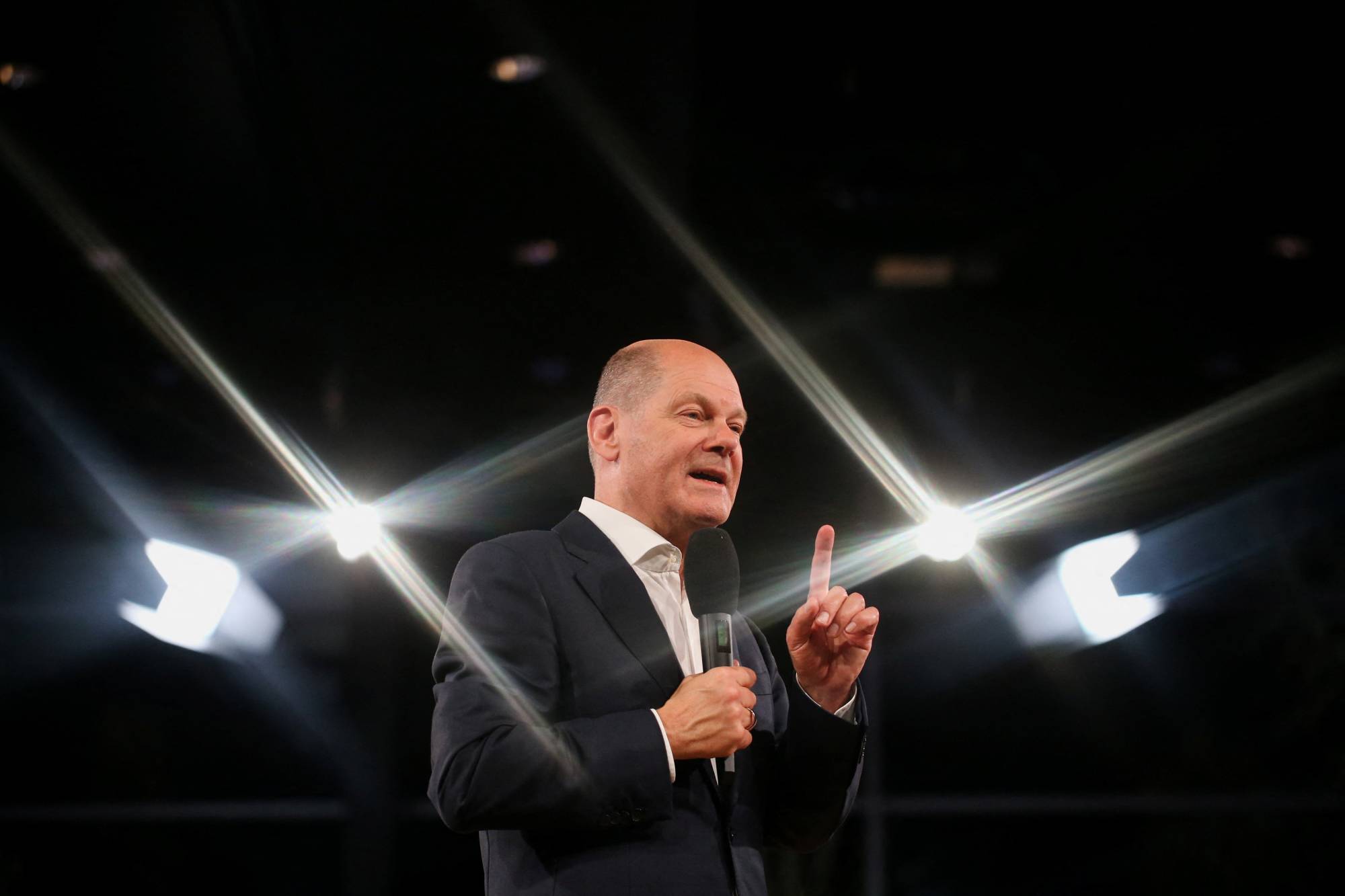As German Chancellor Olaf Scholz prepares for his inaugural visit to Beijing, there are major disagreements in Berlin about how to deal with China.
While some view the visit as key for Germany to shore up economic ties with its top trading partner, others fear the country could become over-reliant on yet another authoritarian state, leaving Europe’s largest economy strategically vulnerable.
Just like his predecessor, Angela Merkel, Scholz will be accompanied by executives from large German companies when he arrives Friday in Beijing for a one-day state visit, where he is expected to meet with top Chinese officials, including leader Xi Jinping and Premier Li Keqiang.

















With your current subscription plan you can comment on stories. However, before writing your first comment, please create a display name in the Profile section of your subscriber account page.